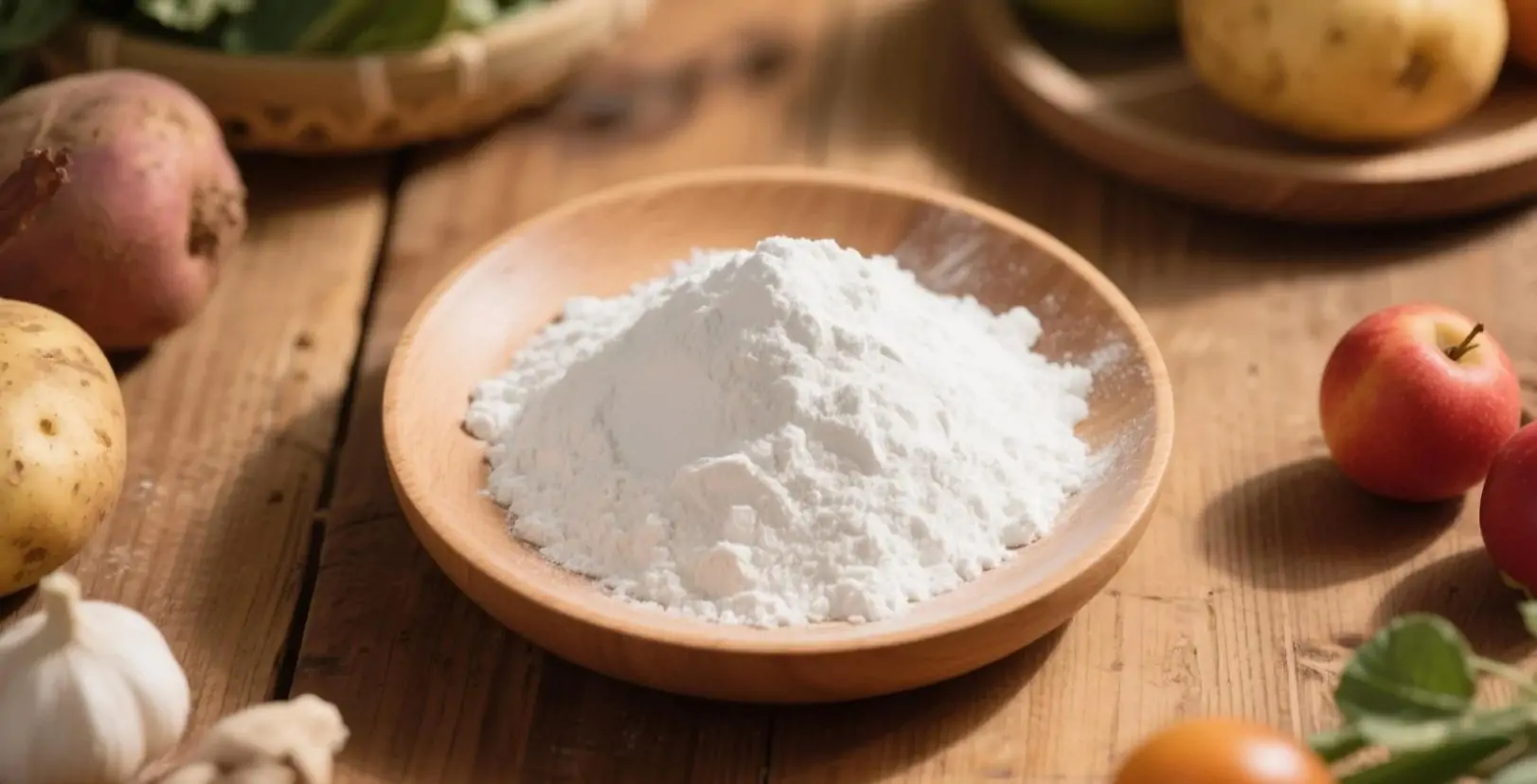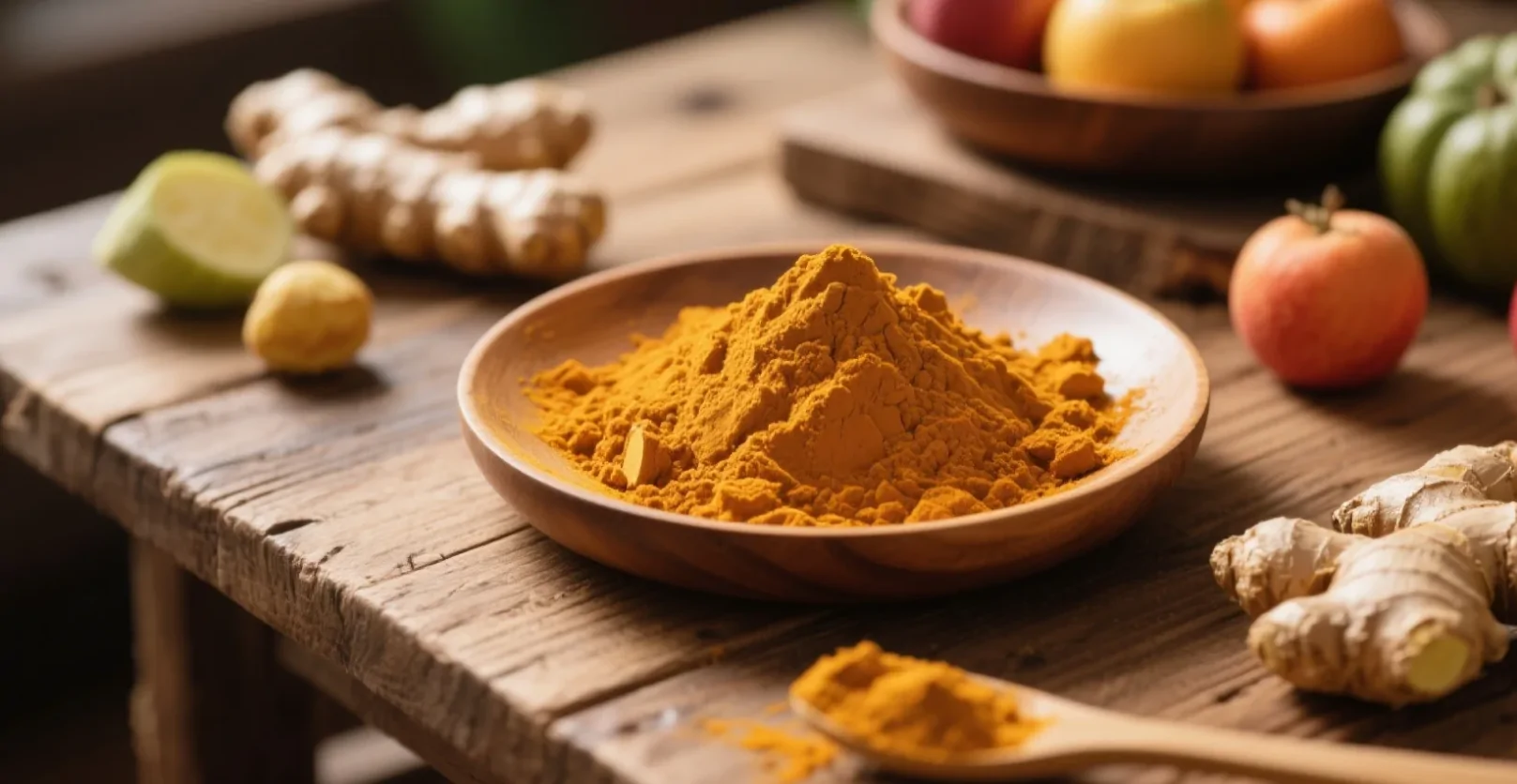Table of Contents
Fava beans (broad beans) are rising stars in the plant-based protein world, praised for their high lysine content and eco-friendly farming. But like any potent ingredient, organic fava bean protein powder isn’t a one-size-fits-all solution. Let’s unpack its potential side effects, compare organic vs. conventional options, and share tips to enjoy its benefits risk-free.
4 Key Side Effects to Know
1. G6PD Deficiency (Favism) Risk
- The Issue: Fava beans contain vicine and convicine, compounds that can trigger hemolytic anemia in people with G6PD deficiency—a genetic condition affecting 400 million globally.
- Symptoms: Fatigue, dark urine, jaundice (appears 24–48 hours after consumption).
- Who’s Affected: Primarily males of Mediterranean, African, or Southeast Asian descent.
Organic Advantage: Some heirloom fava varieties bred for low vicine (e.g., ‘Snowbird’) are used in certified organic powders, reducing risk.
2. Digestive Discomfort
- Why: Fava’s fiber (6g/serving) and antinutrients like lectins may cause bloating or gas in sensitive guts.
- Fix: Start with ½ tsp daily, gradually increasing. Soaking powders in lemon water before use deactivates lectins.
3. Allergic Reactions
- Rarity: Less common than peanut/soy allergies, but cross-reactivity exists with lupin or chickpea allergies.
- Symptoms: Itching, swelling, or (rarely) anaphylaxis.
Organic Assurance: Free from cross-contamination with top allergens like gluten or dairy, common in non-organic facilities.
4. Medication Interactions
- MAOIs: Fava’s tyramine content (10mg/100g) may interact with monoamine oxidase inhibitors (antidepressants).
- Blood Thinners: High vitamin K (15% DV/scoop) could affect warfarin efficacy.
Organic vs. Conventional Fava Protein: Safety Differences
| Factor | Organic Fava Protein Powder | Conventional Fava Protein |
|---|---|---|
| Pesticides | Zero synthetic residues | May contain chlorpyrifos (neurotoxin) |
| Processing | Enzymatic pre-digestion reduces lectins | High-heat processing degrades nutrients |
| Additives | Clean (no fillers or flavors) | Often includes gums, anti-caking agents |
| Non-GMO | Guaranteed | Risk of GMO cross-contamination |
Who Should Avoid Fava Protein?
- G6PD-deficient individuals: Strictly off-limits unless cleared by a doctor.
- Histamine Intolerance: Fava beans are moderate-histamine.
- Kidney Stones: Contains oxalates (35mg/100g)—consult a nephrologist.
Safe Use Guidelines
- Test for G6PD: A simple blood test can rule out favism risk.
- Start Low: 5g (1 tsp) daily for a week; monitor digestion.
- Pair with Vitamin C: Enhances iron absorption and counters antinutrients.
- Choose Organic: Low-vicine varieties and clean processing minimize risks.
FAQ
Q: Can I use fava protein daily?
A: Yes, if tolerated—up to 30g (2 tbsp) is safe for most. Cycle 8 weeks on, 1 week off.
Q: Better than pea protein?
A: Higher in lysine but lower in methionine. Blend with rice protein for a complete amino profile.
Q: Pregnancy-safe?
A: Yes in moderation, but avoid if prone to favism.
While organic fava bean protein powder offers a sustainable, nutrient-dense protein boost, respect its unique considerations. By choosing certified organic, starting slow, and consulting your healthcare provider if needed, you can harness fava’s power without the pitfalls.
Recommended Product
Organic Fava Bean Protein Powder
Organic fava bean protein powder offers 80-90% complete plant protein with excellent amino acid profile…


